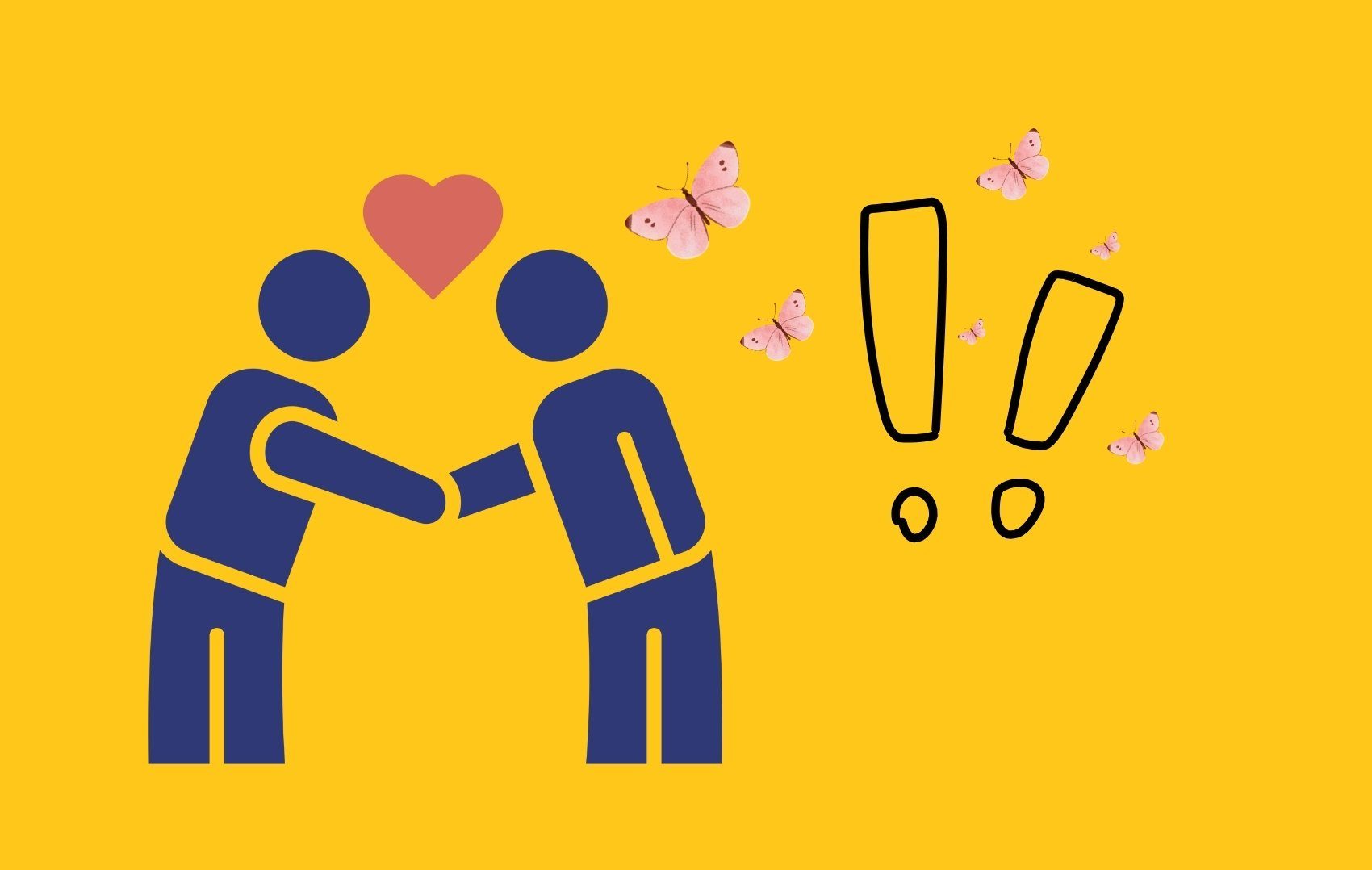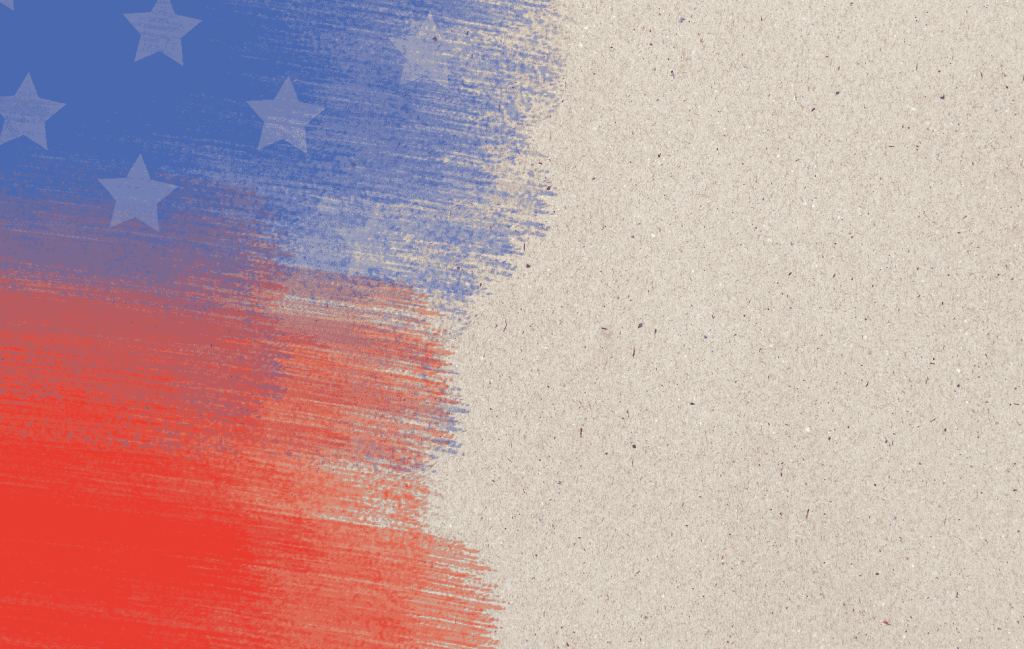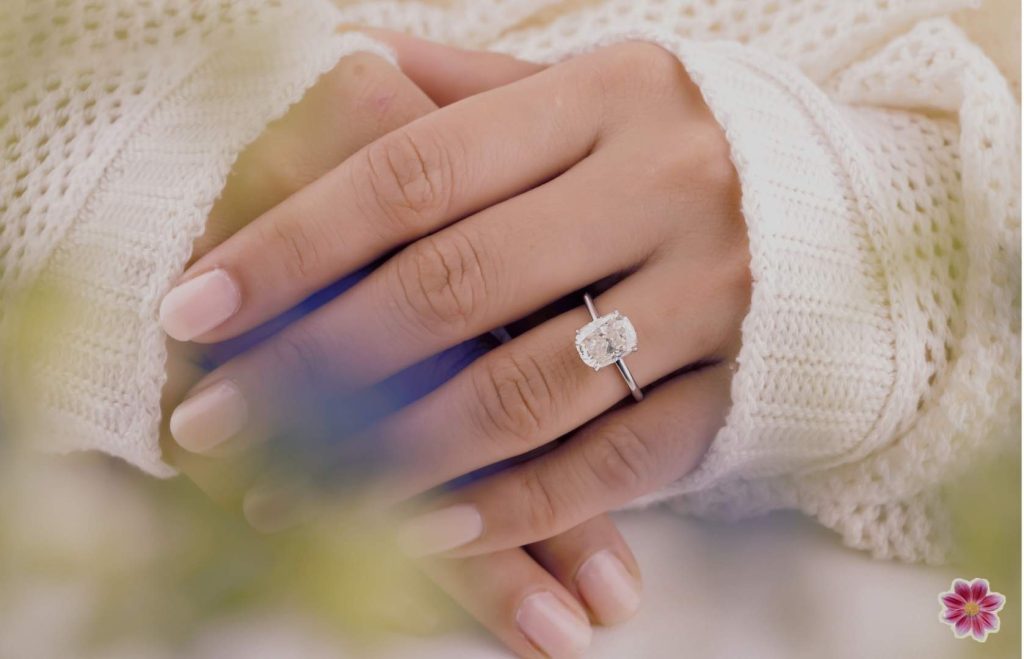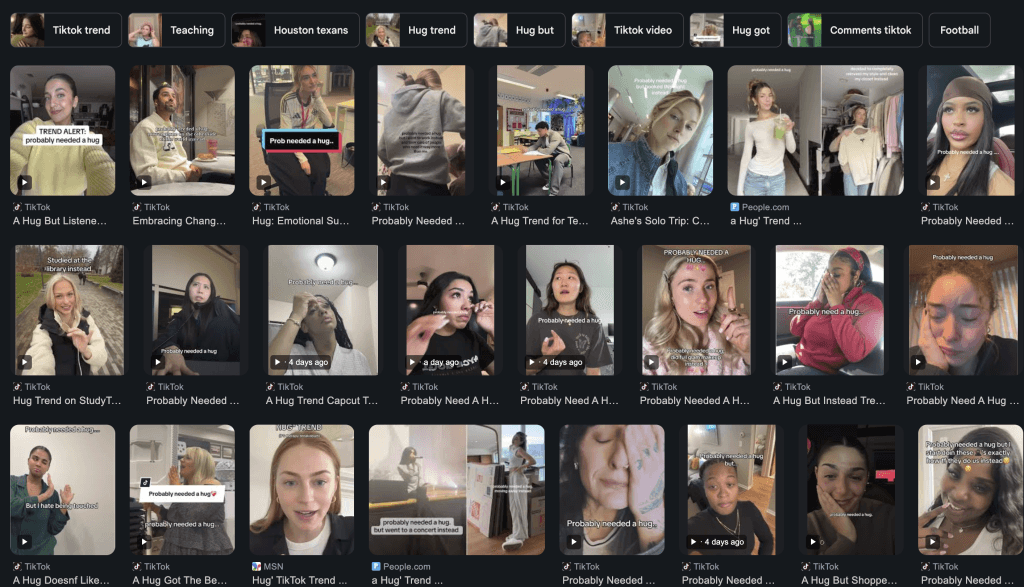Politeness looks effortless on the surface, but living it out feels more like an endurance sport. Most days, the real fatigue doesn’t come from deadlines or traffic, it comes from the quiet, invisible gymnastics we do just to keep social life smooth.
Take the supermarket. You spot someone you kind of know. Not close enough for a hug, not distant enough to ignore. So aisle one is a dodge, aisle three is a quick glance at the floor, and by aisle five you’re cornered into the inevitable “Oh hi!” arrives, a little too cheerful, a little too late. All of that effort, and you haven’t even reached the checkout.
Then there’s the email dance. A single “Thanks!” somehow demands four drafts. Too short feels cold, too long feels desperate. Add an exclamation mark? Delete it? Stare at it again. That one word ends up carrying more emotional weight than the quarterly report attached to it.

And let’s not forget the cough you hold in during a meeting. You sip water, blink, swallow, and pray it passes, all while pretending you’re laser-focused on bar graphs. No one notices, but it leaves you weirdly exhausted, like you just ran a mile in silence.
Psychologists call this self-regulation, the hidden effort we spend on managing impressions, smoothing awkward edges, and keeping things “polite” (Baumeister & Vohs, 2007). It’s not glamorous, but it keeps everyday life from dissolving into chaos. The catch is: it’s draining. Not because any single moment is huge, but because they stack. A smile here, a pause there, a carefully timed “thank you” , by the end of the day, your brain feels like it’s done an invisible workout.
Still, those quiet Olympics are proof of care. They’re tiny acts of social glue, the reason life doesn’t dissolve into shouting matches and awkward silences. It’s not about being fake, it’s about trying. And maybe the kindest thing you can do is admit that it is tiring, and let yourself laugh at the absurdity of it all.
Because the point isn’t to win every small social game, it’s to keep going without hating yourself for trying. Forgive, release, and step into the week.
Happy Monday.
📌 Reference:
Baumeister, R. F., & Vohs, K. D. (2007). Self-Regulation, Ego Depletion, and Motivation. Social and Personality Psychology Compass, 1(1), 115–128.
Further Reading
Some forms of politeness are survival skills, and others are just survival tax. If this piece hit close, you might like these too:
Microaggressions: The Joke That Still Hurts
→ The quiet weight of jokes that aren’t funny and the cost of smiling through them.
→ The politeness that hides prejudice, and how we’re often the ones left holding it.
Someone Should’ve Said: Not at Coldplay
→ Because sometimes “being professional” is just another word for quiet endurance.
FUN Monday #05 : Overthinking Loop and How to Break It Before It Breaks You
→ The spiral we all know too well — and the small ways to press pause.
Emotional Survival and Other Things We Don’t Admit Wanting
→ When survival doesn’t look like screaming, but like smiling, nodding, and making it through the day.






